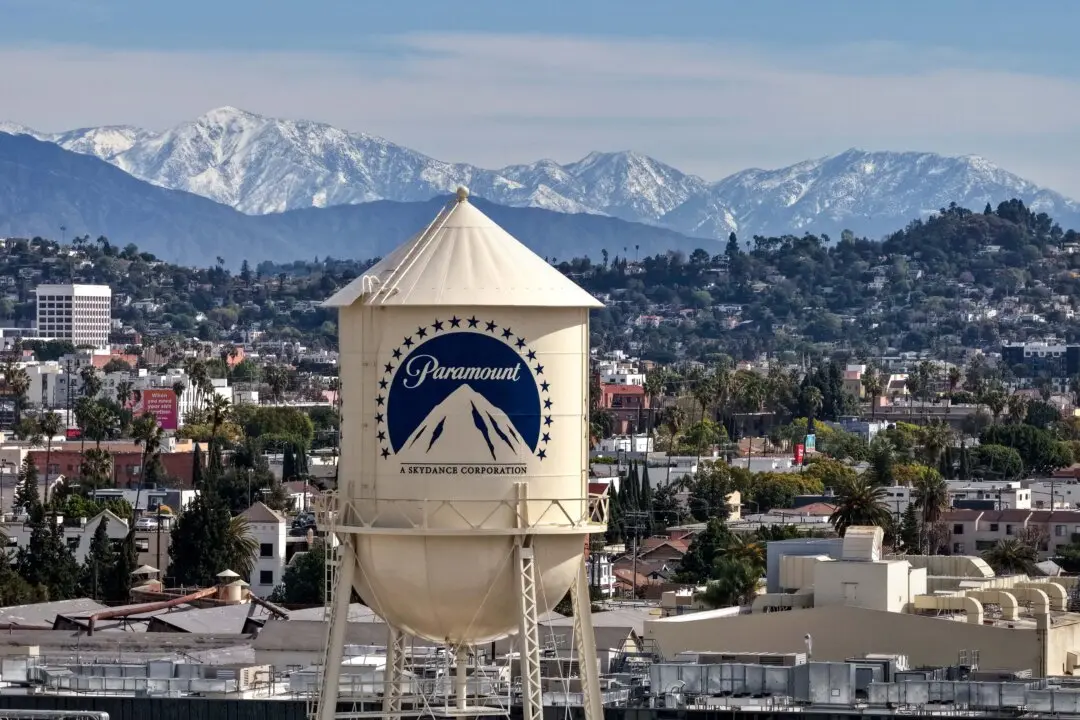Concerns over U.S. manufacturing employment is an obsession for keeping “white males with low education” in “powerful positions,” says Adam Posen, an economist and president of the Peterson Institute for International Economics, a Washington-based think tank.
Speaking at a Cato Institute event on Oct. 6, Posen expressed his disapproval over the constant attention given to domestic manufacturing as opposed to other industries that have experienced job displacement, whether from economic downturns or automation.





